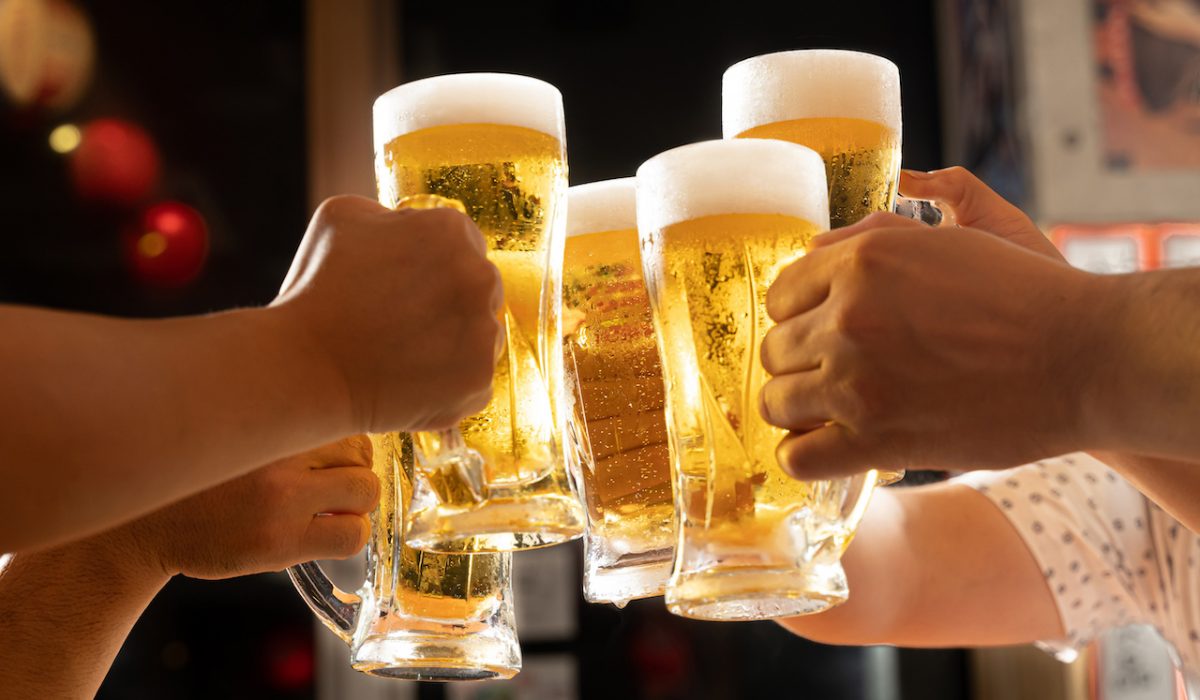Subject: A culture of drinking.
A drinking culture does not come out of a vacuum but in many ways reflects the unhappiness we have as a society. Drug addiction is another manifestation of this search for a prop to get us through the day. Why do we need a prop when in so many countries they are far worse materially than we are.
Perhaps one fact is that we increasingly exclude religion in our lives leaving people who fall by the wayside, be it work related, marriage related or illness, feeling much more alone and exposed without the balm of a congregation or the symbolism of ‘A Caring Holy Father’ which in the past was is enough to convince religious people they are not alone.
Muslims condemn drinking or drug taking as part of their religious remit whilst the Church of England is much more circumspect in its opinion believing more in the ordinance of free will. The Catholic Churches offers repentance and the confessional, a get out of jail card which is used to keep the congregant toeing the line whilst in effect, having your cake and eating it.
Do we drink to make ourselves feel happy. Do we drink to find the company of other drinkers who also through drink, become happy or is the happiness we find in those situations only a comfort blanket.
Should happiness be the goal anyway or is a better goal contentedness. A mental even handed attitude to who we are and what we are rather than trying to be what the other chap seems to be. Drinking cultures and the associated subcultures within a nations general culture have some things in common and in other ways are unique.
The Scandinavian winter and a lack of natural light for 6 months leads to depression and drinking too much. The Russians are known for their prodigious vodka intake and one might be forgiven for believing that in rural districts, life in such backward, closeted environments without a drink must be pretty dull. Japanese men, especially the young drink beer as if there was no tomorrow, even when surrounded by all modern comforts. Perhaps their need to drink so much alcohol indicates a blowback from the parental expectancy to succeed. In ex-colonial countries and expat communities drinking is a ritualistic exercise the club, a place of communion, where the 'them and us', comes into place and a racial and social divide, ('them' being all those who are not 'us',) when race and class, the oldest system of excommunication known to man, rear their ugly head.

No comments:
Post a Comment